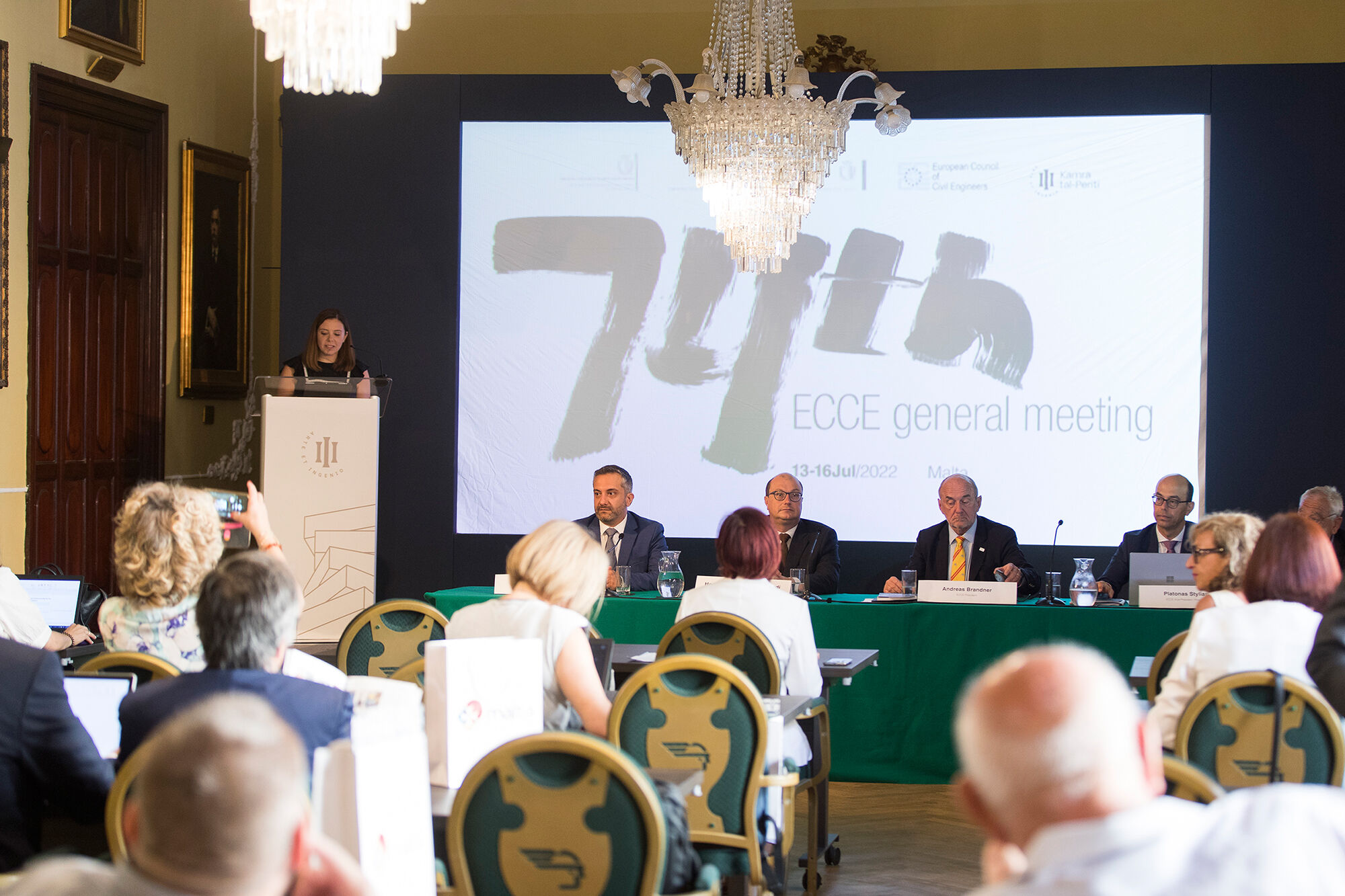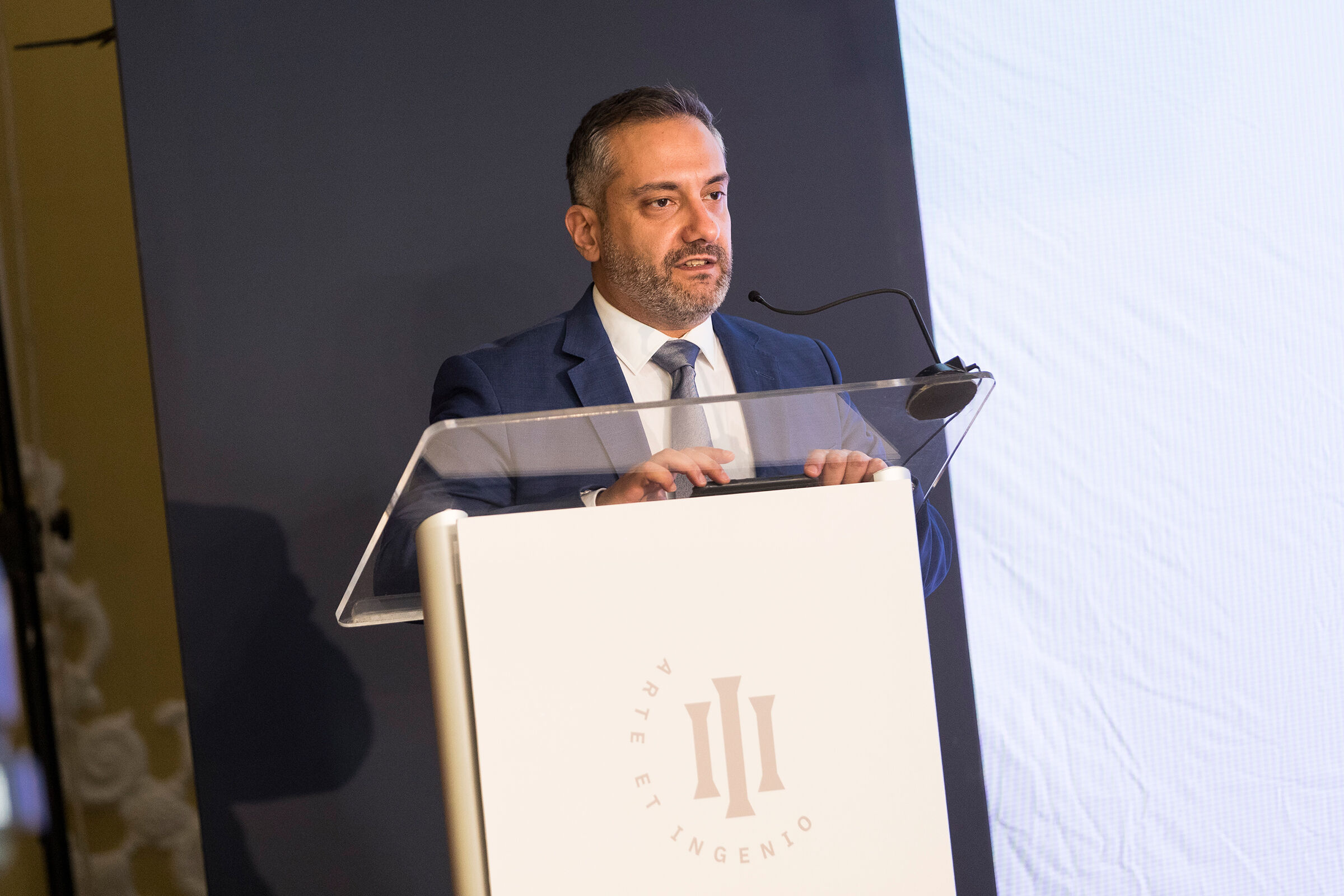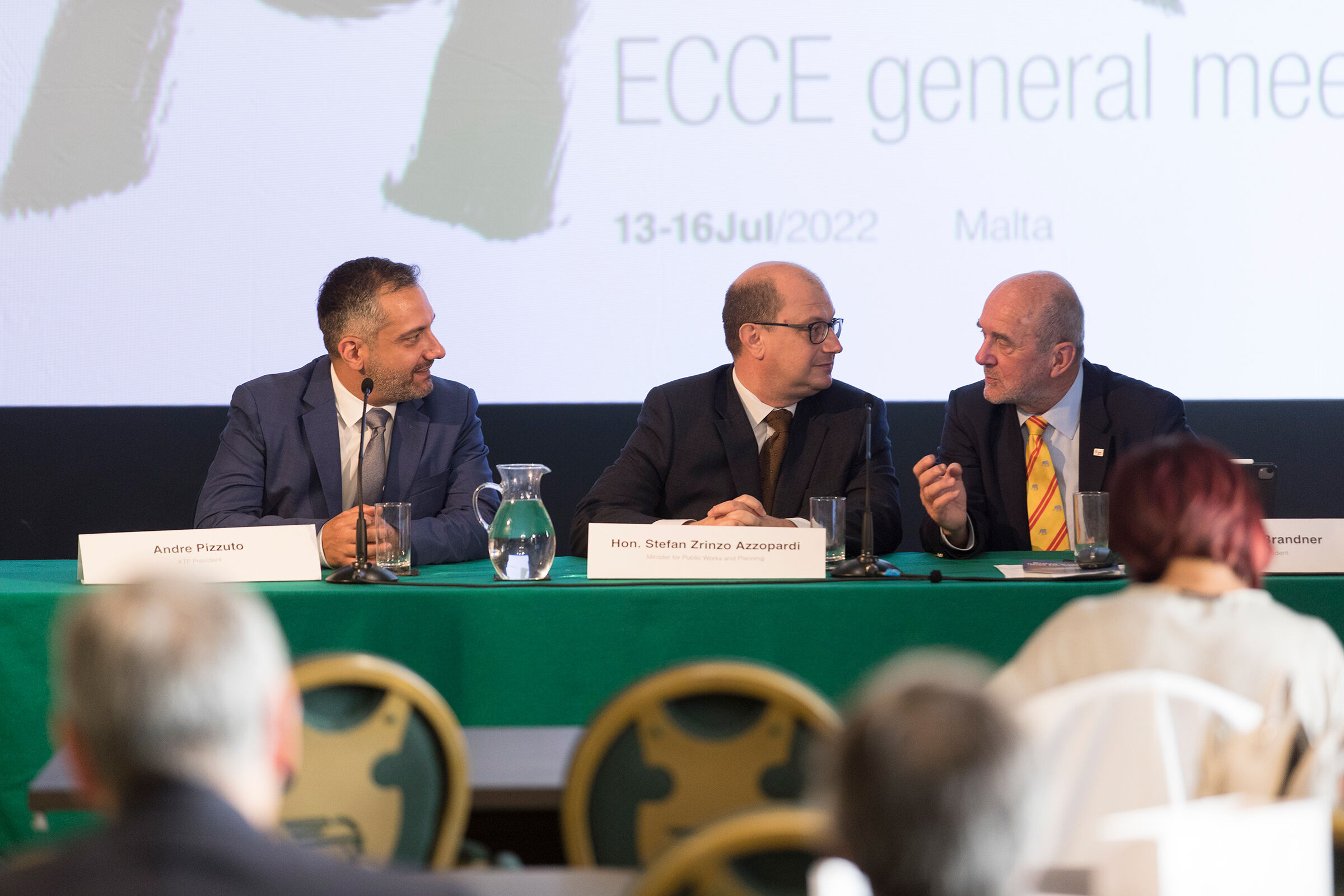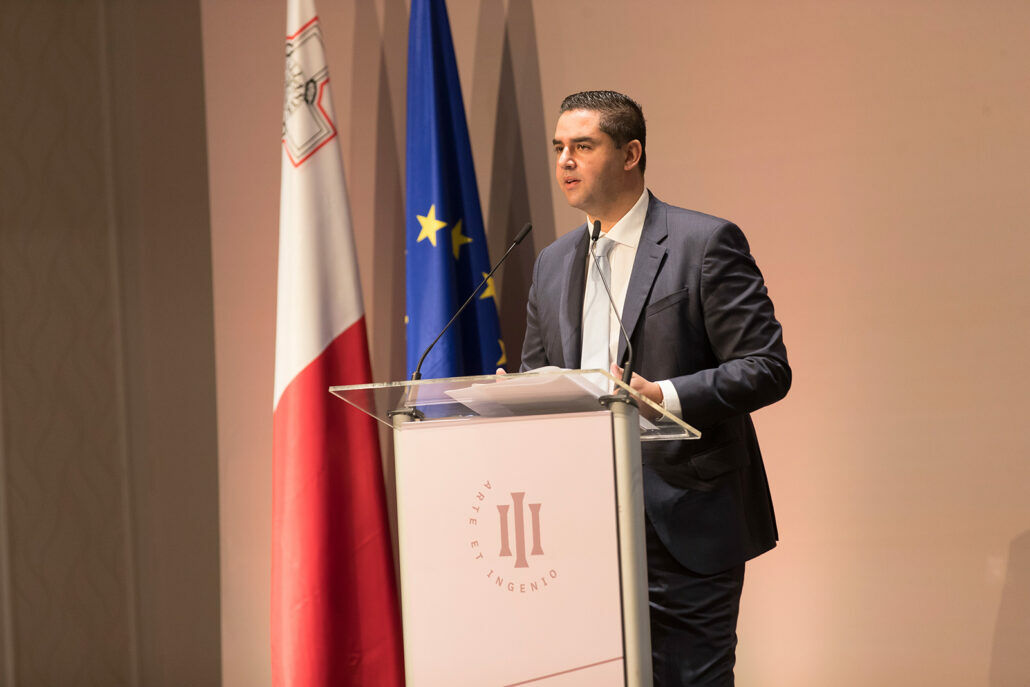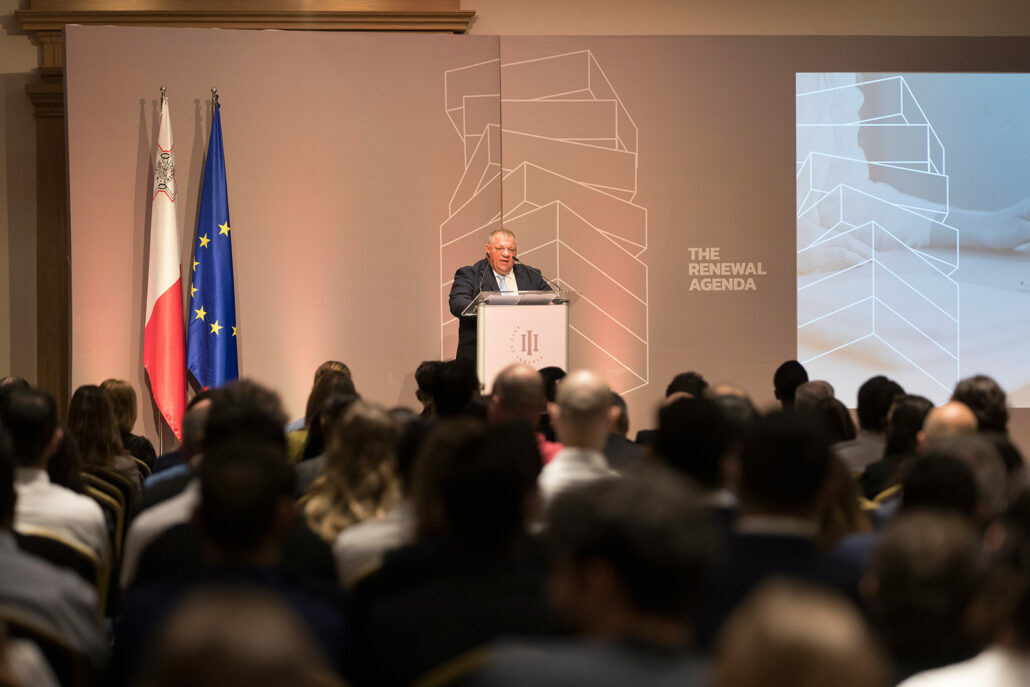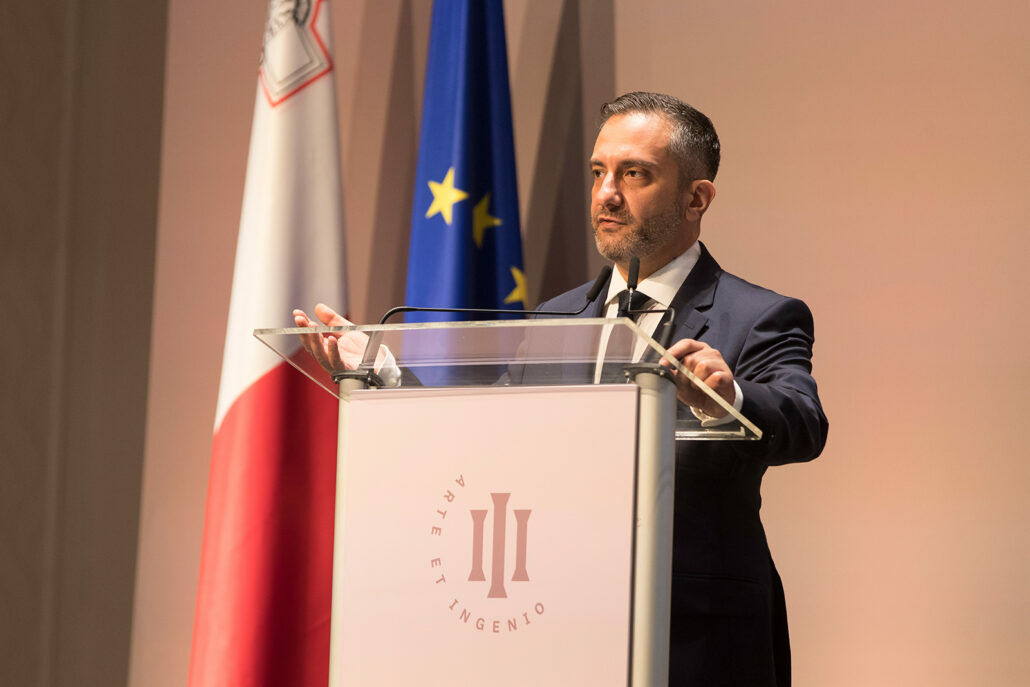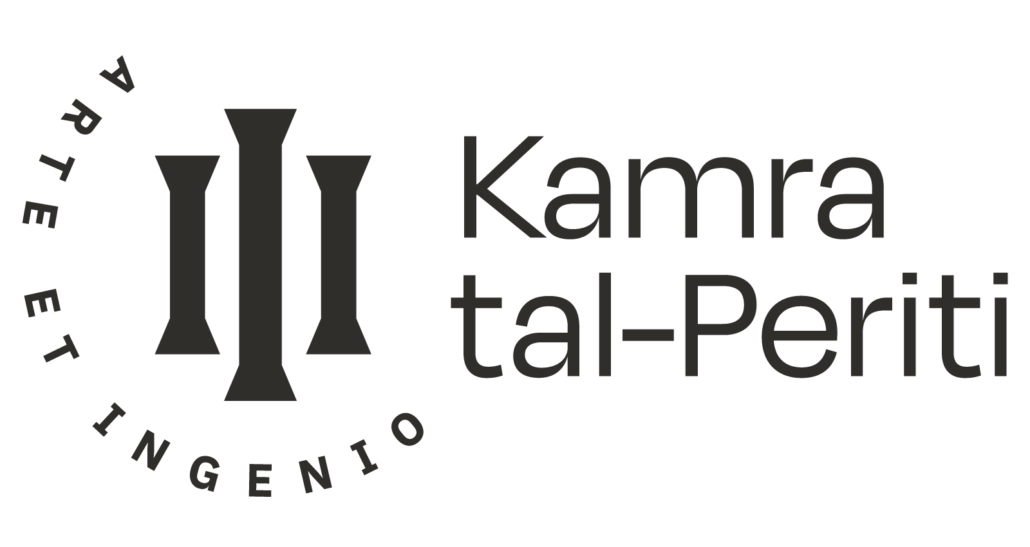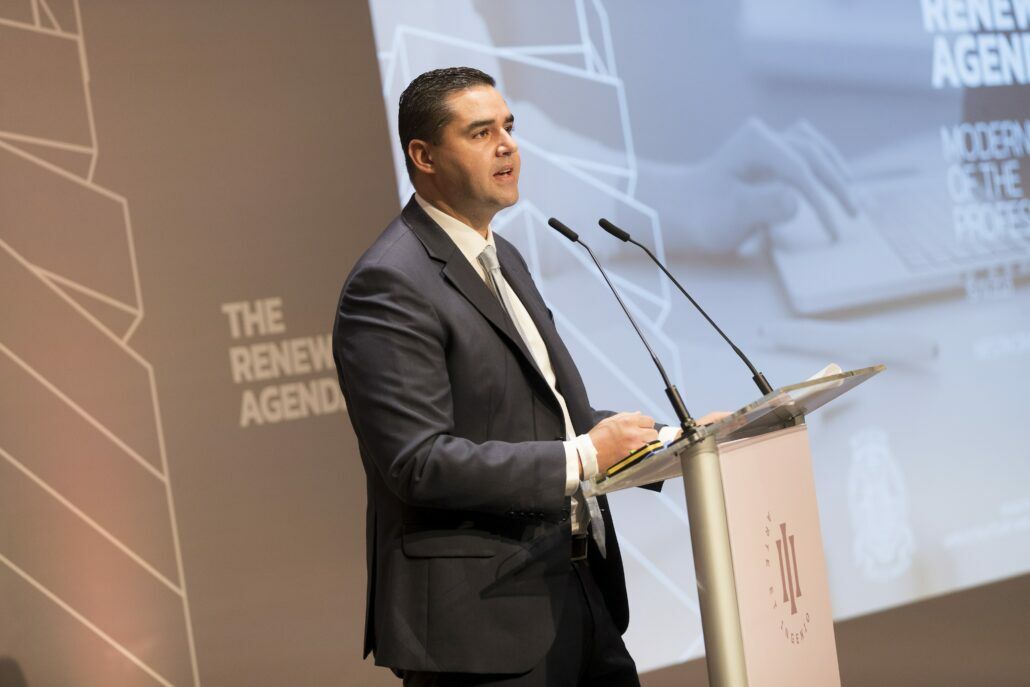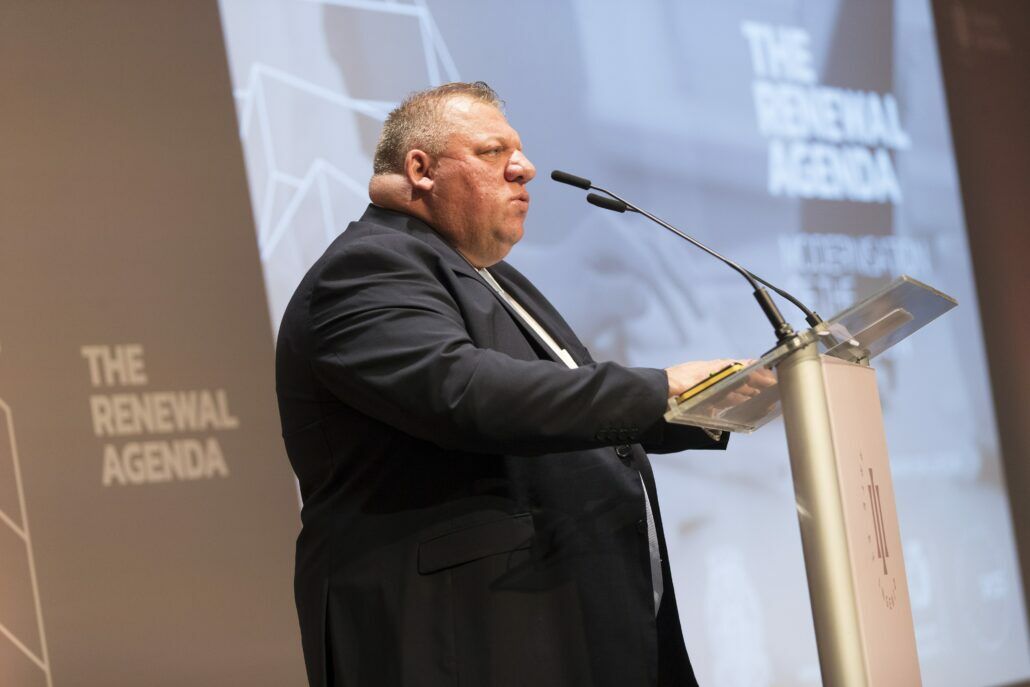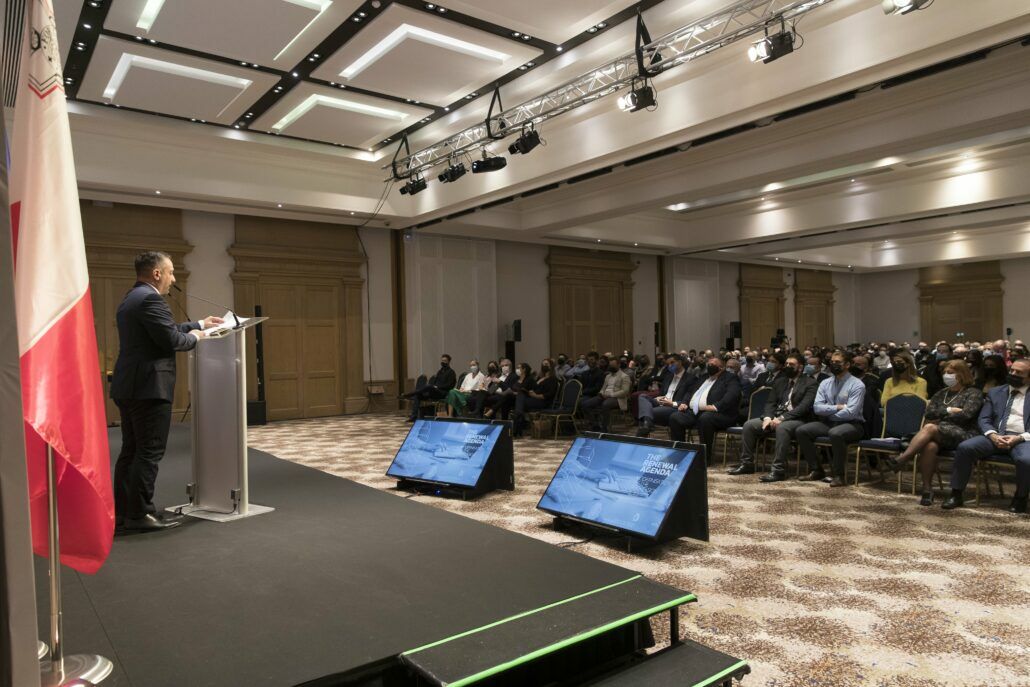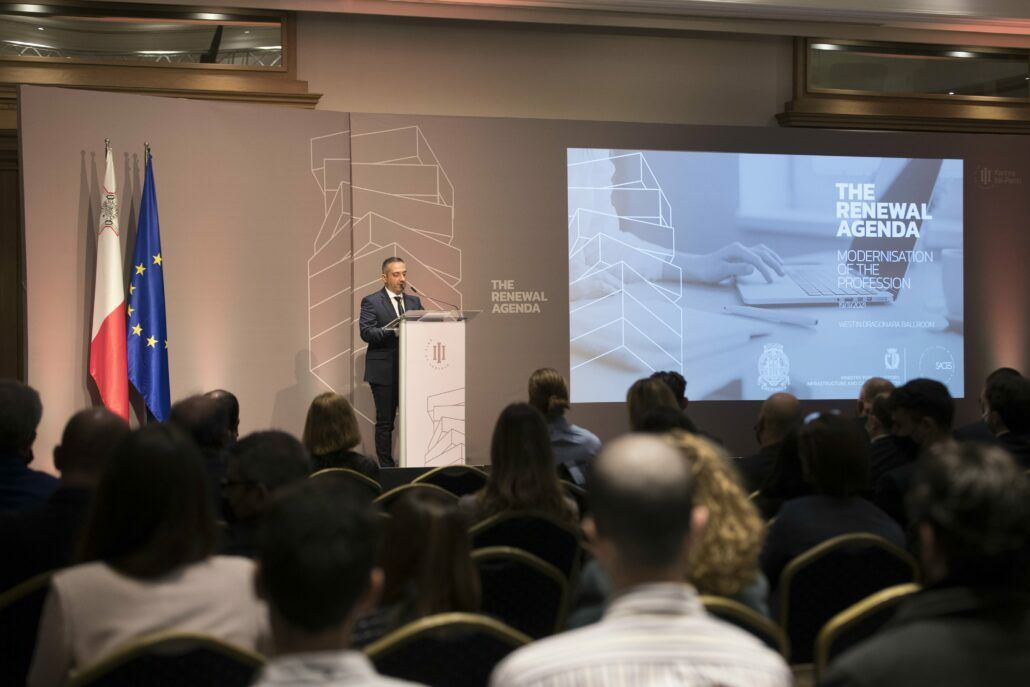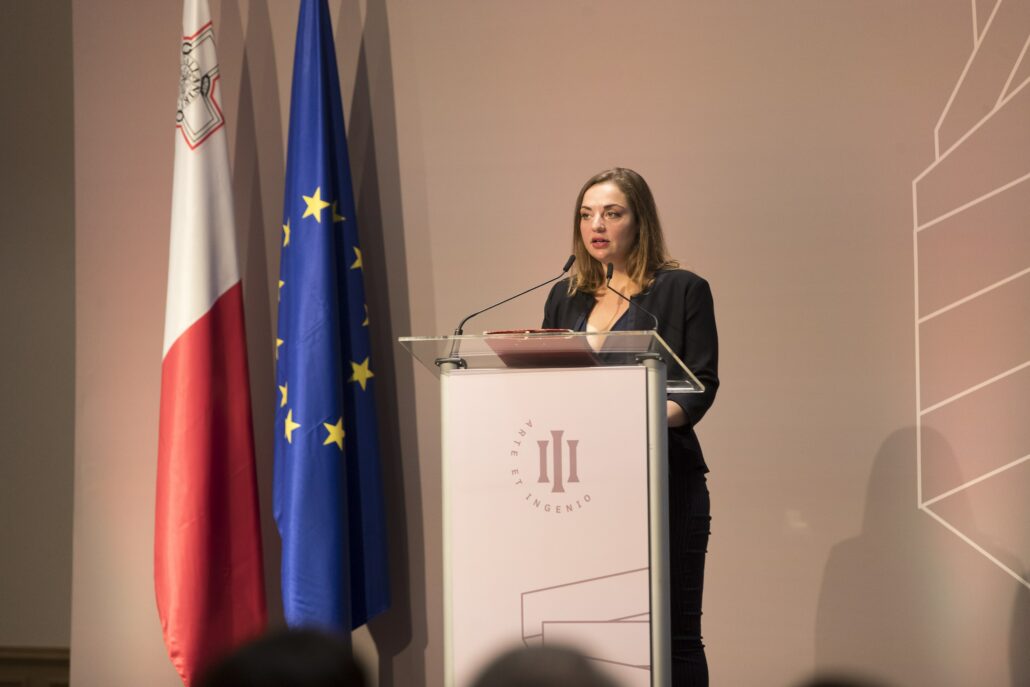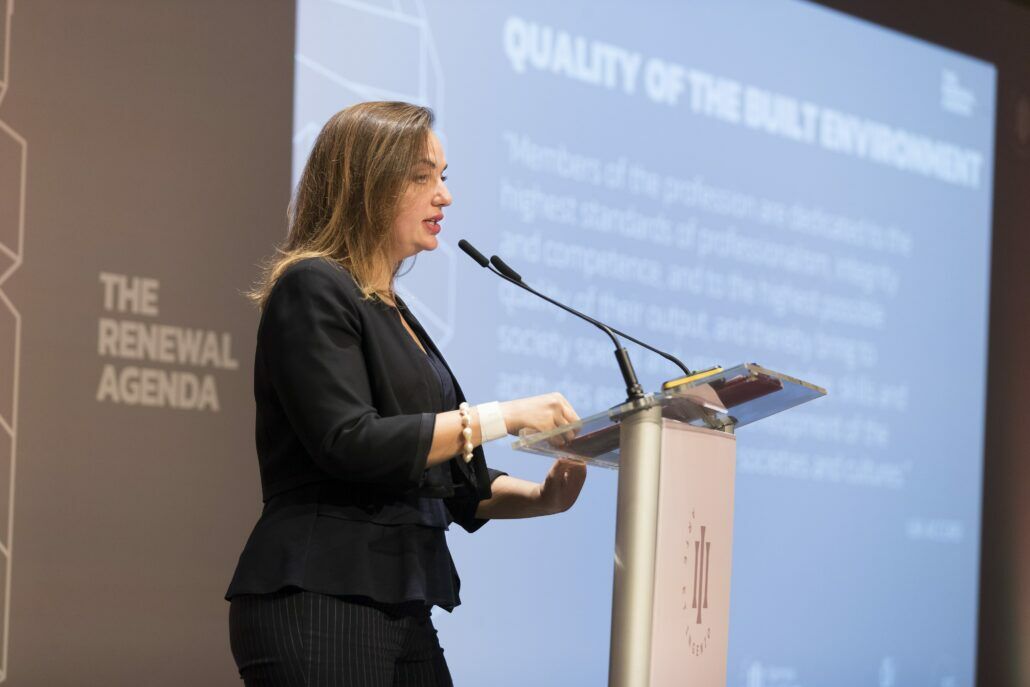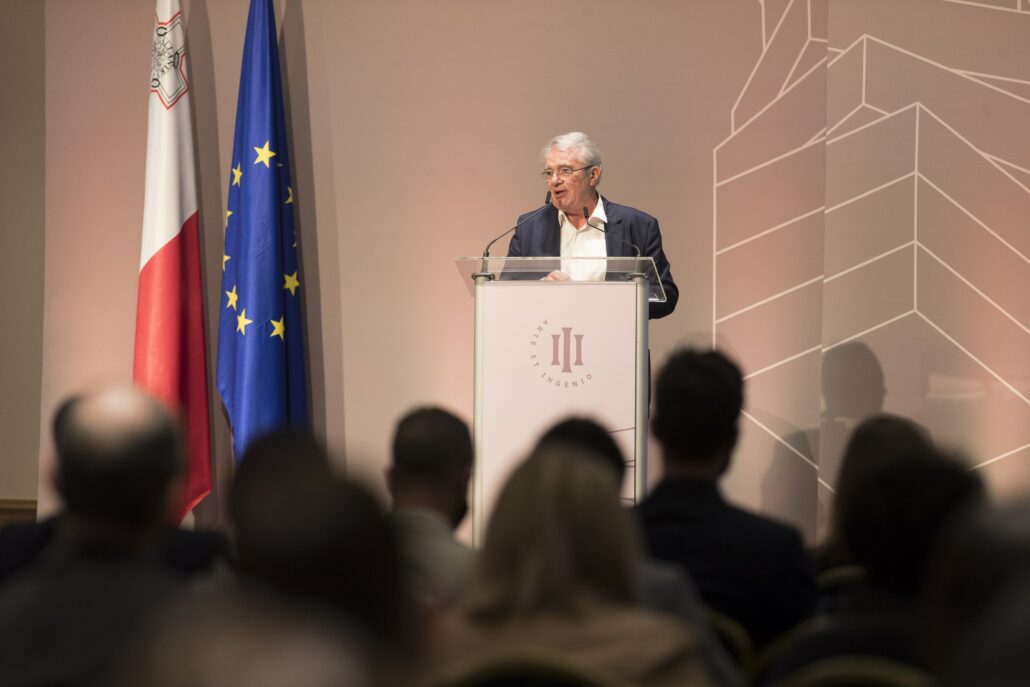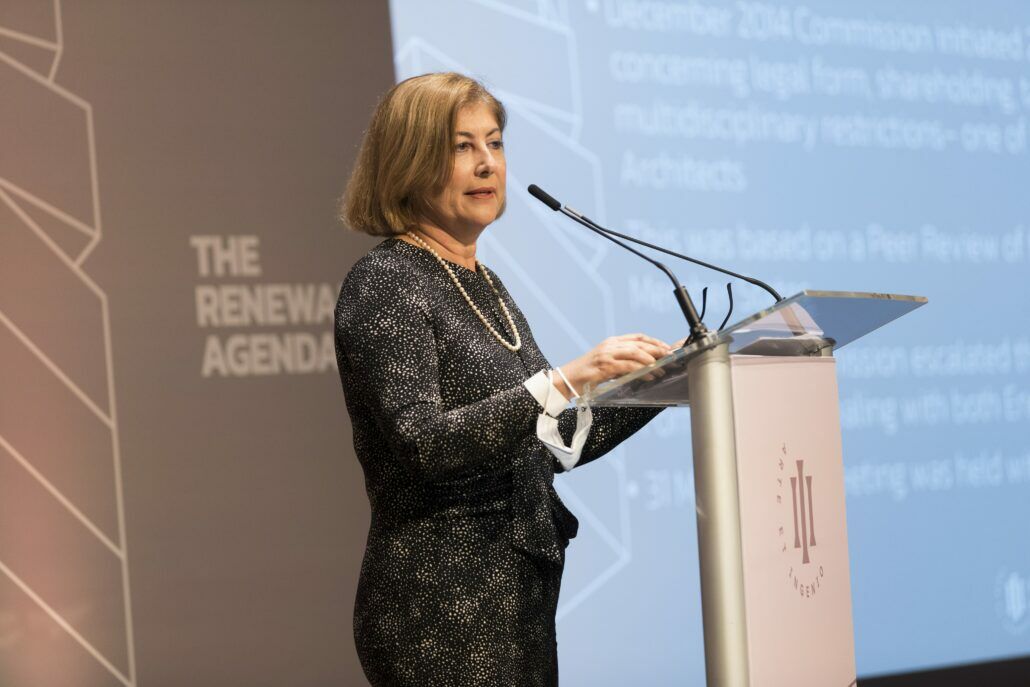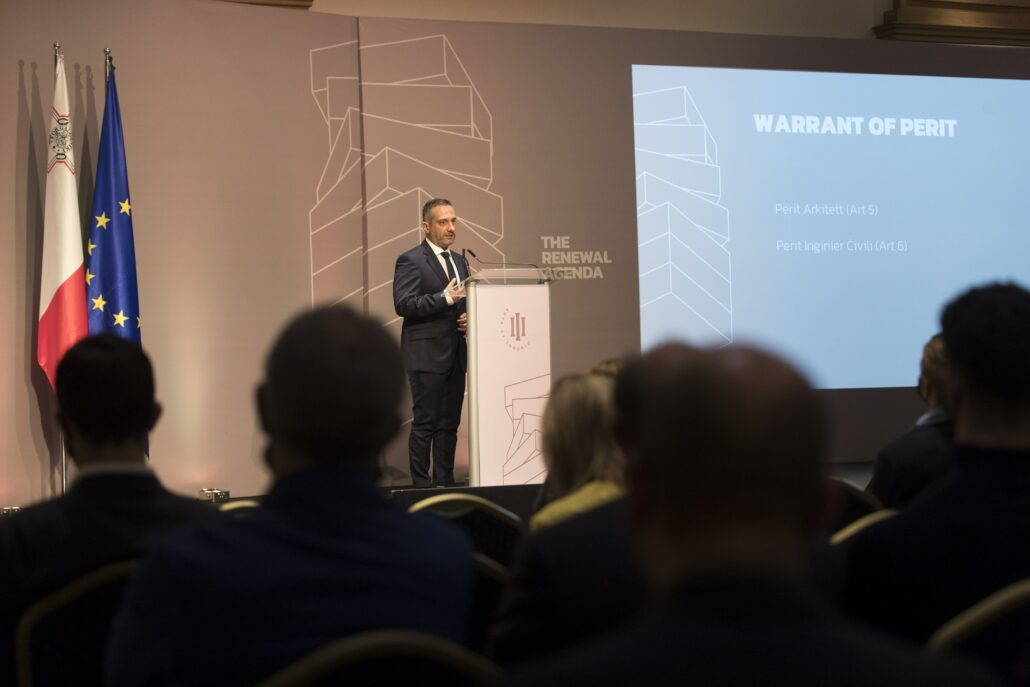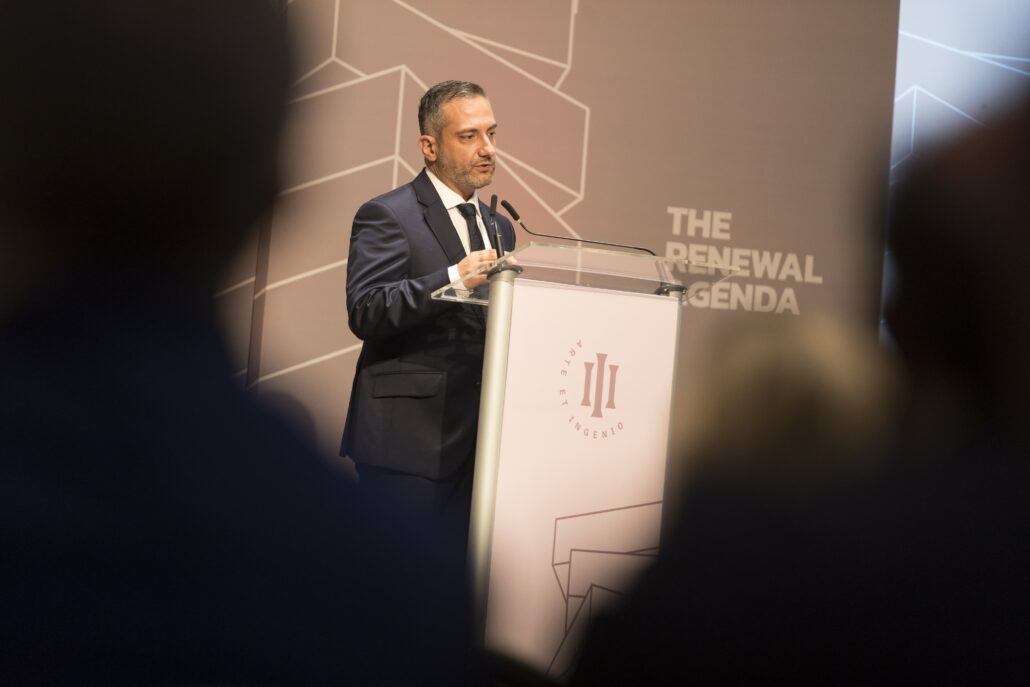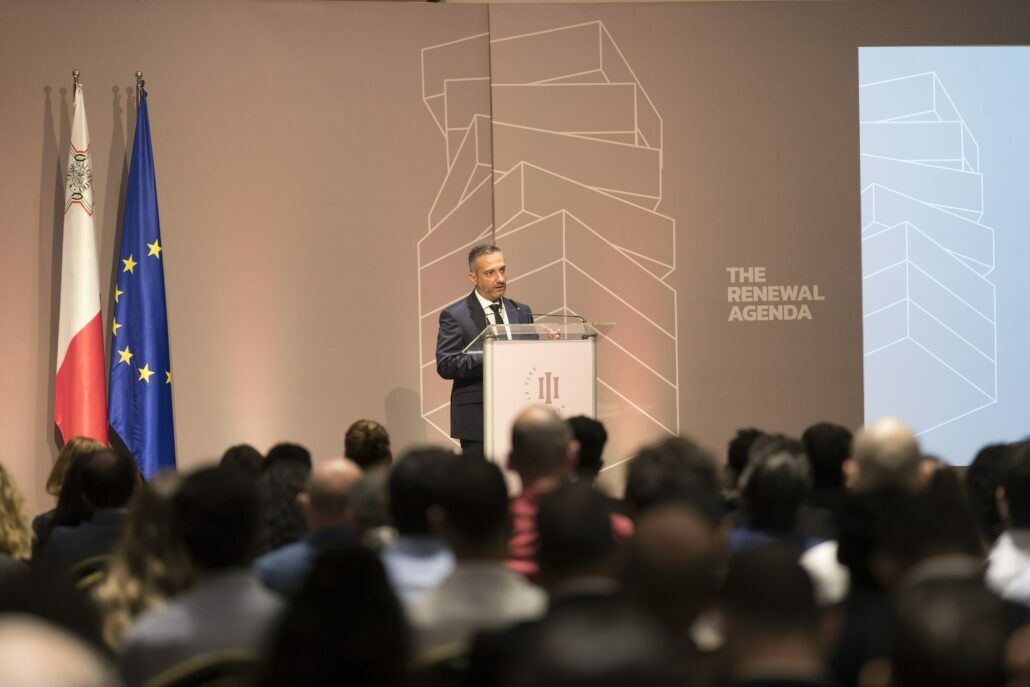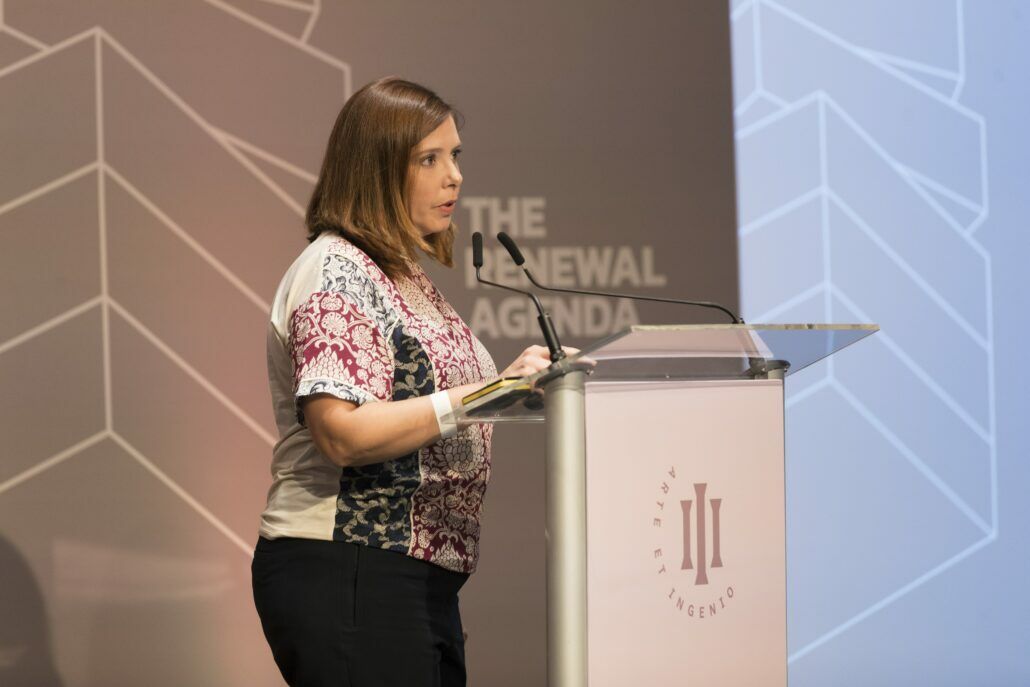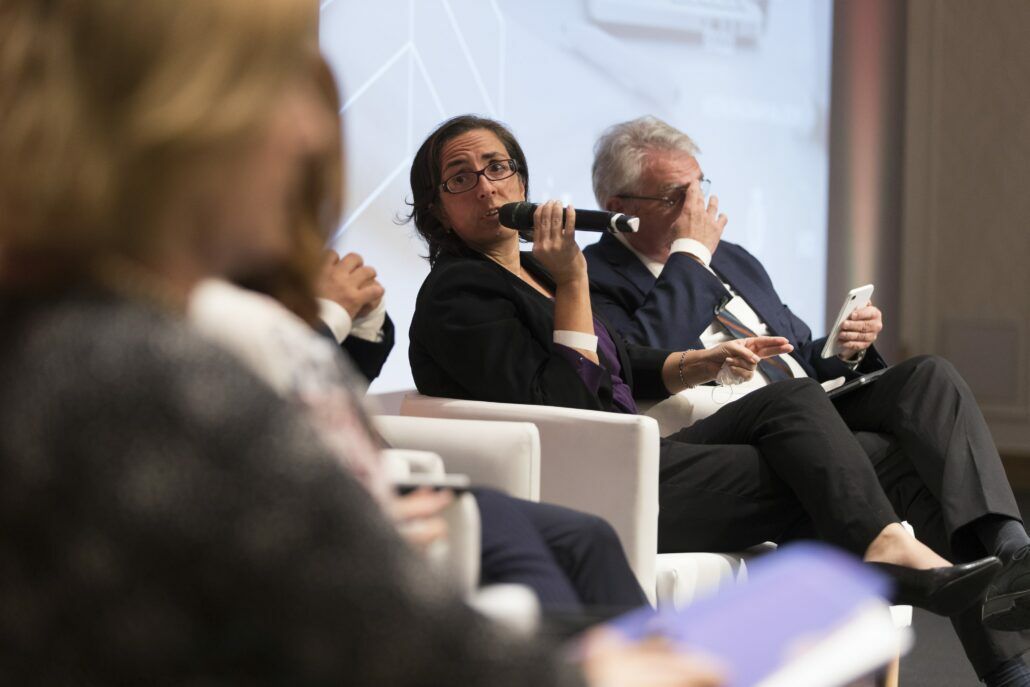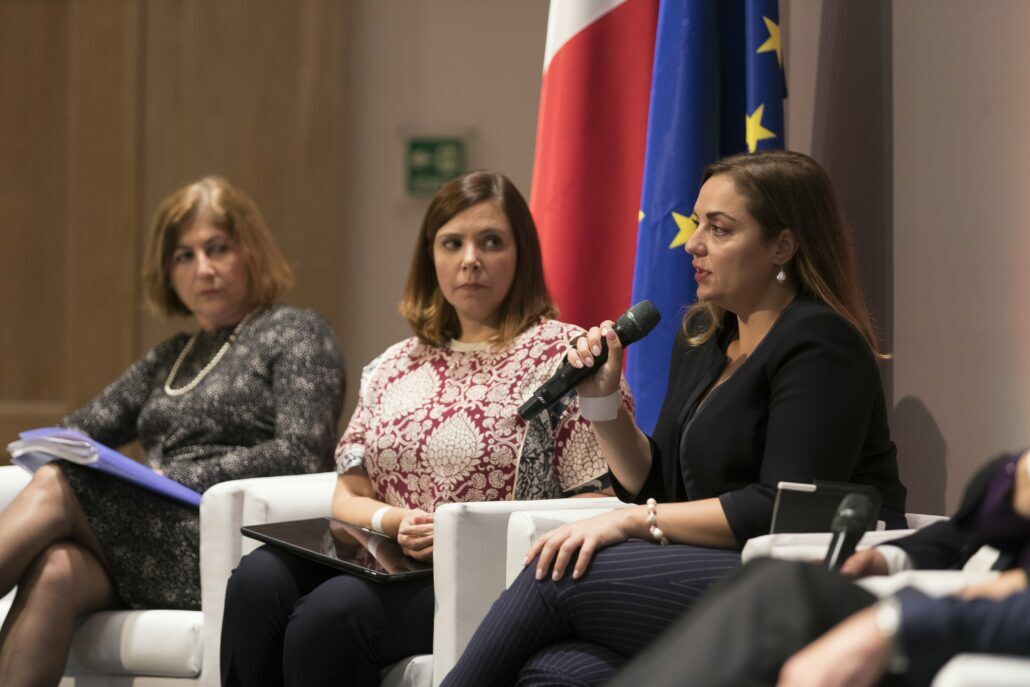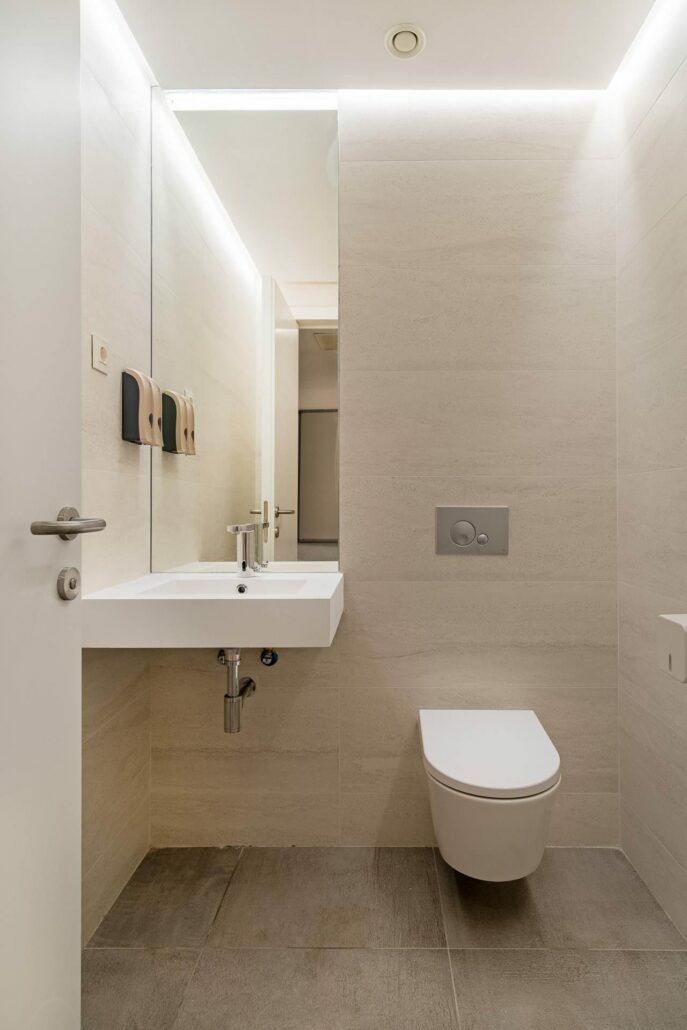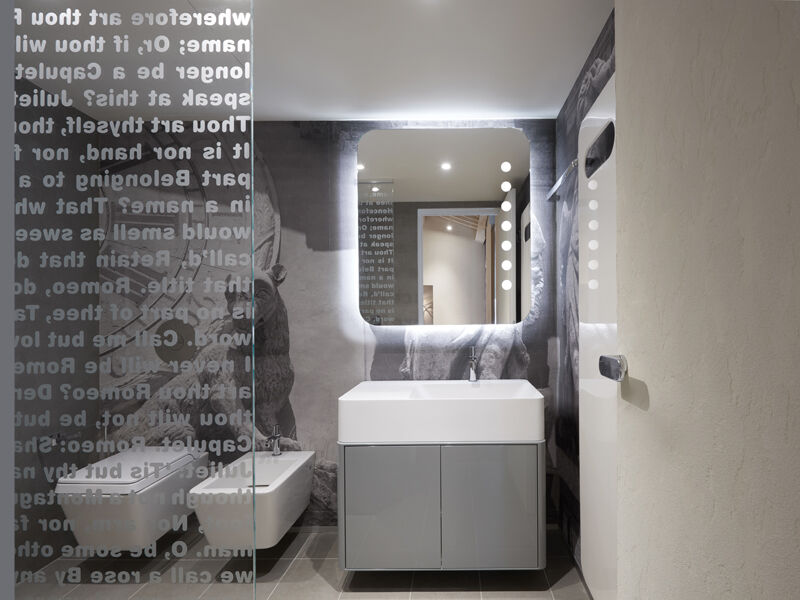PR 03/22 | Court chastises Planning Authority for illegally authorising demolition of historical Sea Malta building
On 20th March 2018, the Kamra tal-Periti, together with Din l-Art Ħelwa and Flimkien għall-Ambjent Aħjar, had sued the Planning Authority over the illegal authorisation granted to Enemalta plc to demolish the Sea Malta building at Xatt l-Għassara in Marsa.
The Sea Malta building, or what is left of it, is an important part of our architectural heritage – a fine modernist building that successive administrations sadly failed to adequately protect and schedule.
The court case had been filed after having first written to former Prime Minister Joseph Muscat on 6th December 2017 stating that “this building is now severely dismembered as a direct result of the Authority’s failure to recognise its error, to ignore repeated calls for the works to be stopped, and to blatantly ignore the findings of the investigation carried out by the Commissioner [for the Environment and Planning]. This behaviour can only be described as an utter disgrace, and a clear signal that the Authority believes itself to be above the law.”
The Kamra had called on the former Prime Minister for immediate action to be taken to ensure that abusive planning approvals for demolition of our built heritage are reversed, and that the necessary measures are taken to safeguard historical buildings from further destruction under the guise of permitted development. A request for an urgent meeting was also made. This letter and successive pleas for discussion remained unanswered.
On 29th December 2017, the Commissioner for the Environment and Planning within the Office of the Ombudsman had confirmed the Kamra’s position about the substantive and procedural failings of the Planning Authority in this case. Indeed, the PA’s Executive Council had explicitly voted to ignore the Ombudsman’s findings and allow the demolition of the Sea Malta building to proceed regardless.
Yesterday’s final judgement confirms the Kamra’s position on the systematic failings in the planning processes that make a pretence of being rigorous but fail to truly protect the country’s built environment and its historical architectural legacy.
Over recent months, we have witnessed various images going viral on social media illustrating the travesty surrounding the purported protection of architectural heritage, from prehistoric cart-ruts to rural chapels and prominent 19th Century buildings in St Julian’s. These images nakedly expose this pretence, which should no longer be ignored by decision-makers. As witnessed in the Sea Malta building case, given the opportunity, the PA’s Executive Council will vote for the demolition of cultural heritage rather than its protection.
The Kamra shall continue to advocate for the need for comprehensive planning reform to ensure that the Planning Authority begins to focus on upholding the public good rather than speculative interests.

